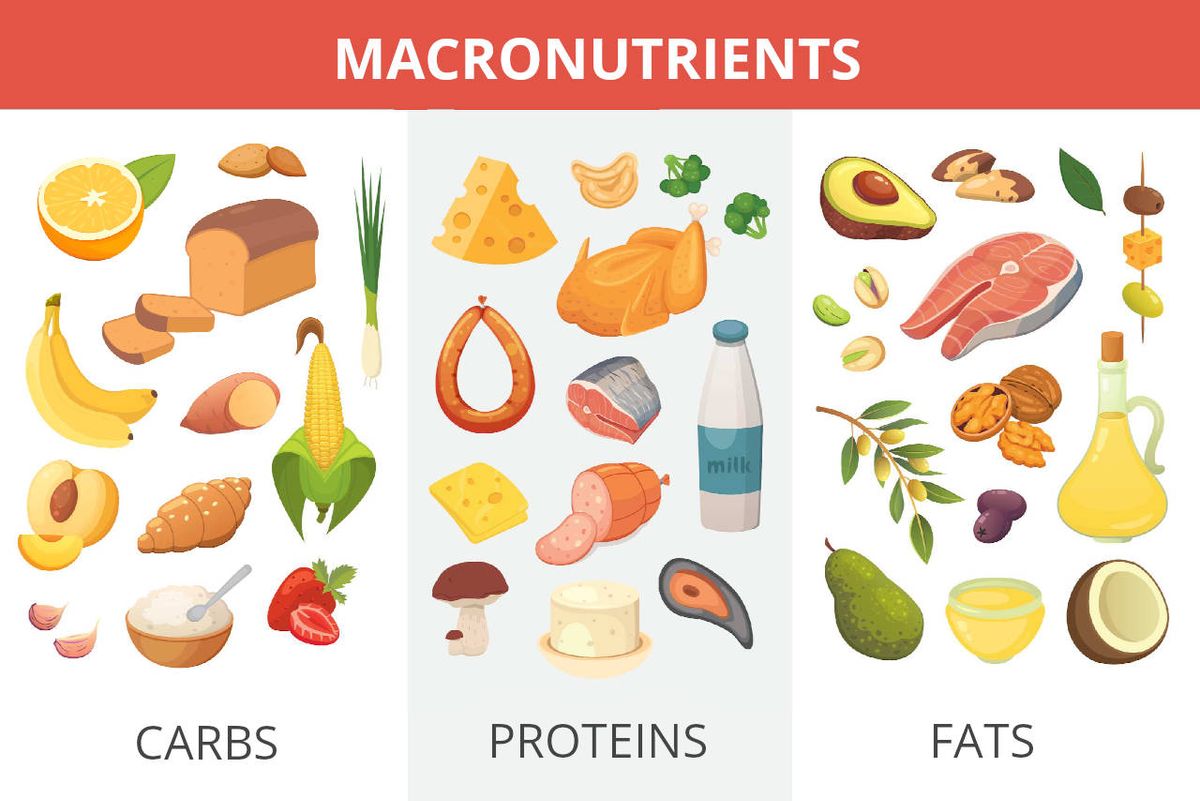Calculating Your Macros: The Ticket to Effective Fat Loss

There's more to weight loss than just counting calories. Understanding and monitoring your macronutrient intake—commonly referred to as 'macros'—is an incredibly effective strategy for fat loss. Protein, carbohydrates and fats make up your macros and, when calculated correctly, can make fat loss less of a mystery.
The Power of Macros in Fat Loss
To lose weight, most dietitians recommend creating a calorie deficit, which means consuming fewer calories than your body needs. However, not all calories are created equal, which is where macros come into play. Proteins, fats, and carbs each play unique roles, contributing differently to your body's needs and how it loses fat.
A diet high in protein, for instance, is critical for muscle preservation during weight loss and can also help increase feelings of fullness. Should you consider a Keto Diet, understanding macros is key since this diet is high in fats and low in carbs.
Calculating Your Macros for Fat Loss
To calculate your macros for fat loss, you'll first need to know your total daily energy expenditure (TDEE), which is the total number of calories you burn in a day. To create a calorie deficit, subtract 500 to 750 calories from your TDEE.
Next, decide your macro split—the ratio between proteins, fats, and carbs. A common starting point for fat loss is 40% protein, 30% fats, and 30% carbs. If this ratio isn't working, make adjustments as you go.
Finally, calculate the gram amounts of each macro you'll need. Remember that protein and carbohydrates have 4 calories per gram, while fat has 9 calories per gram.
Pairing Macros with Other Weight Loss Strategies
Macro calculation for fat loss is not a singular solution; it should be paired with other weight loss strategies. Consuming beverages like the best green tea for weight loss can also aid your fat loss journey, thanks to its metabolism-boosting properties. Alternatively, incorporating methods such as intermittent fasting can potentially decrease your weekly calorie intake and further promote fat loss.
Conclusion
Calculating your macros is a strategic approach that can help you achieve your fat loss goals more effectively. By understanding how proteins, carbs, and fats influence your body, you gain the ability to manipulate your diet in a way that serves your unique fat loss journey. Remember, food isn't just calories, it's fuel for your body - and knowing exactly what you put into it can make all the difference.